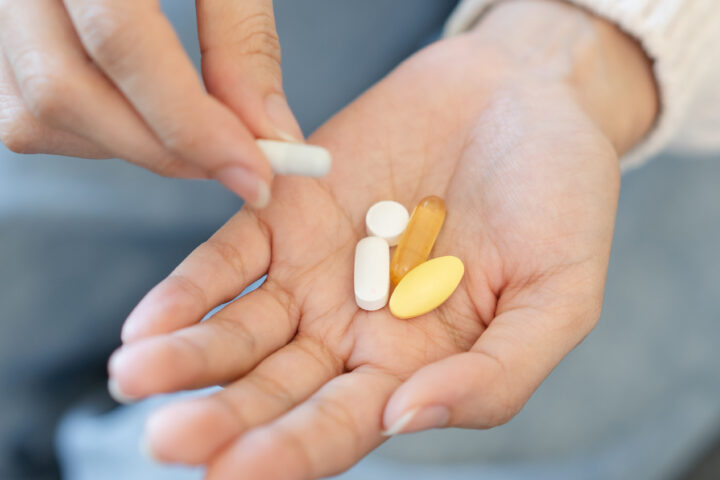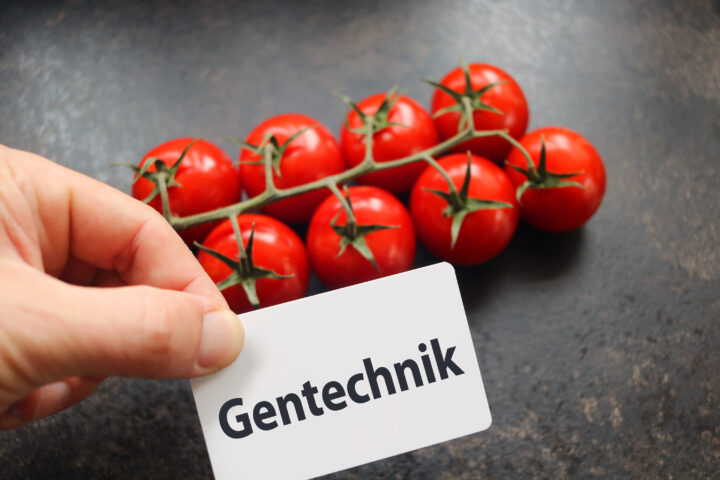
Moderate consumption of aspartame is harmless
According to researchers, frequent consumption of the artificial sweetener aspartame can cause cancer. This news caused some attention in the summer of 2023.
Tuesday, August 15, 2023
According to the NZZ, however, nutrition experts are reacting calmly to the news. There is a simple reason for this. The assessment as "possibly carcinogenic" alone says little. What is decisive is the amount that a person consumes. The World Health Organisation (WHO) is not worried either. In the context of normal consumption, aspartame is harmless. Anyone who chews artificially sweetened chewing gum or drinks an artificially sweetened soft drink from time to time has nothing to worry about.
Quantity makes the poison
The basis for the headlines was the reclassification of aspartame as "possibly carcinogenic" by the International Agency for Research on Cancer (IARC). The IARC classification is discussed in the swiss-food glossary article on the keyword "carcinogenic". The different classifications on the subject of carcinogenicity are also the subject of a newsletter. The NZZ writes: "Important to know: The IARC only assesses whether a substance could in principle cause cancer. It does not take into account how much of it a person would have to ingest to have a risk of disease, explained Mary Schubauer-Berigan. She heads the IARC Monographs programme responsible for classification."
The importance of limit values
This is the crucial point, which of course applies not only to aspartame, but also to other substances such as pesticides, which the International Agency for Research on Cancer evaluates. The label "possibly carcinogenic" alone says nothing. The inherent toxicity, i.e. the danger alone, says nothing. What is decisive is how much a person ingests, for example, how much substance a person takes in under real conditions. That is the risk: the inherent danger times the exposure. That is why there are limit values. For aspartame, the recommended maximum is 40 milligrams per kilogram of body weight. According to the NZZ, that is nine to 14 doses of a drink containing high levels of aspartame per day for a person weighing 70 kilograms. With these amounts, one can no longer speak of moderate consumption.
Sources
Neue Zürcher Zeitung, 14 July 2023
Kindly note:
We, a non-native editorial team value clear and faultless communication. At times we have to prioritize speed over perfection, utilizing tools, that are still learning.
We are deepL sorry for any observed stylistic or spelling errors.
Related articles

Residue is not the same as residue
Painkillers like Voltaren are a blessing for us – yet in our rivers they can harm fish. If these were crop protection products, calls for bans would be immediate. It becomes clear that we are applying double standards.

ARTE documentary: Genetic engineering in organic farming?
The ARTE documentary “Genetic engineering in organic farming?” examines key controversial questions of modern agriculture: Is the general exclusion of new breeding technologies still up to date? Can the resistance of organic farming be justified scientifically?

The Great Suffering of Farmers
Fire blight, Japanese beetles, or grapevine yellows – farmers in Valais, too, are increasingly feeling helpless in the face of the threats posed by nature. More and more often, they lack the means to effectively protect their crops. This makes it all the more important for the Federal Council to place a pragmatic balancing of interests at the forefront when setting threshold values.

'Tomatoes on your eyes'
The submitted “Food Protection Initiative” calls for “GMO-free food.” Leaving aside this illusory demand, its adoption would mean more bureaucracy, more trade barriers, and less innovation. The Swiss Farmers’ Union describes the proposal as “unnecessary” and warns of a setback to the goal of achieving an even more sustainable agriculture.

